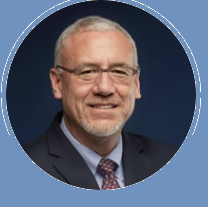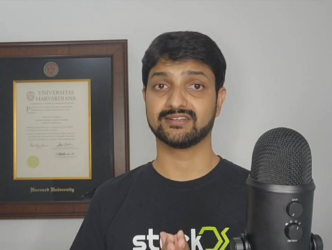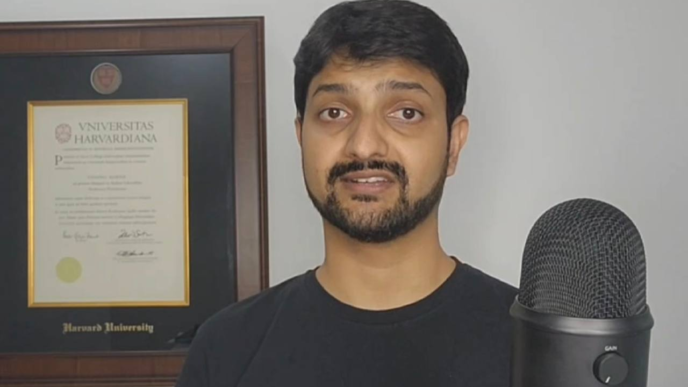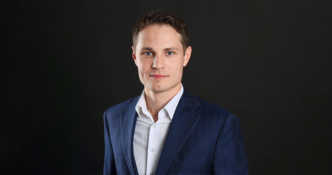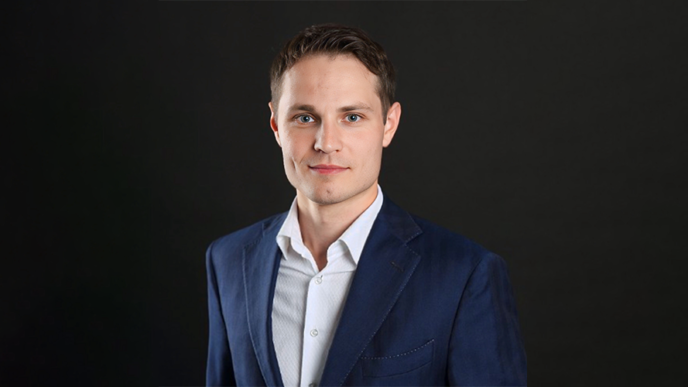If there is anything not quite orthodox, it is the career path that Mark Ryland has taken. From writing programs in COBOL as a child, to studying philosophy and law, to becoming one of the leading voices in cybersecurity at AWS, his is a story of unrelenting curiosity, adaptability, and boundless creativity. It is just this combination of technical expertise and imaginative problem-solving that has made him a key figure in cloud security, driving innovation and trust in a rapidly changing technological environment.
A Journey from Philosophy to Technology
Ryland became interested in computers early on. Influenced by his older brother, he learned to program in COBOL at a time when punch cards dominated the scene. His academic interests took him into philosophy and law, fields quite distant from technology. Ryland reflects on this eclectic journey:
“I thought majoring in philosophy was impractical but I loved my studies, I believed the rest would work itself out. I decided to study law in graduate school, and it turned out philosophy was a great background for that.”
It was during law school that the personal computing revolution got underway. Ryland dove back into programming as a hobbyist, tinkering with early PCs and teaching himself through books. His technical expertise grew alongside his legal career, eventually leading him to an unexpected crossroads: a job offer from Microsoft.
“I joined Microsoft at 31 with no formal technical training,” he recalls. “My experience as a lawyer and a hobbyist programmer gave me a unique perspective. Logic, whether in law or technology, works in similar ways.”
From Law to Leadership in Tech
At Microsoft, Ryland took on a technical role in a sales organization—a precursor to today’s solutions architect function. His lack of formal technical credentials was an asset rather than a liability. He engaged in Socratic dialogues with network engineers, asking probing questions that revealed fundamental truths about systems design.
“I’d ask, ‘Why isn’t this protocol routable?’ and force them to articulate the essence of the issue,” he says. “This process not only helped me learn but also sharpened their understanding.”
This method of learning by questioning and collaboration became a hallmark of Ryland’s approach, blending intellectual rigor with hands-on problem-solving.
Ryland joined AWS in 2011 after a successful tenure at Microsoft. He was first involved in public sector solutions architecture, which involved the adoption of cloud technology by governments. It was here that he became a security expert-not out of choice but out of necessity.
“All they wanted to talk about was security,” he says. “I realized that for governments, security wasn’t just a feature; it was the foundation.”
The security factor in heavy detail shaped Ryland’s philosophy. He became an ardent advocate for the principle that security has to be built into the systems from the ground up. His work entailed not only technical safeguards but the teaching of governments and organizations why the cloud, though misconceived, was a safer choice.
“The term ‘public cloud’ is misleading,” he says. “It sounds risky, but actually, AWS environments are isolated by default. You can’t access anything unless you explicitly allow it. That foundational isolation builds trust.”
Security by Design: A Philosophy of Anticipation
For Ryland, security is as much about imagination as it is about technical controls. He says effective security requires a mindset of anticipation of threats, understanding patterns, and thinking like both an attacker and a defender.
“Security isn’t just about locking the door. It’s about recognizing the windows, the hidden paths, the patterns that might repeat elsewhere,” he says with emphasis.
This proactive mindset has informed AWS’s approach to security. From multi-layered isolation techniques to designing infrastructure that puts security over efficiency, Ryland has been at the heart of developing these strategies.
“We made decisions early on to avoid risks others might consider acceptable. For example, we don’t share physical memory or CPU cores between customers, even though it’s more efficient. We prioritized security over cost savings.”
Creativity in Security: Declarative Policies
One of Ryland’s proudest achievements at AWS is the introduction of declarative policies—a feature he co-conceived to simplify and strengthen cloud security.
“Instead of writing access policies, you define a desired state: ‘Make this true and keep it true,’” he says. *”This shifts the focus from access control to intent-based security, making it more intuitive and effective.”
The feature, after years of development and collaboration across teams, is exemplary of Ryland’s ability to marry creativity with technical rigor.
“It started as an idea, but it took incredible teamwork to bring it to life. Seeing it launch was deeply satisfying.”
For Ryland, the technical aspects of security are only part of the equation. He puts building relationships-with customers, regulators, and internal teams-on an equal footing.
*”Selling cloud to governments wasn’t about the technology,”nhe says. *”It was about earning trust, showing them we understood their concerns and were committed to addressing them.”
AWS’s solutions architects and technical account managers are critical in that process of building trust. They act as advisors and collaborators, helping customers navigate the complexities of cloud adoption and security.
“Our architects aren’t just pre-sales engineers. They’re long-term partners, providing free consulting and education to ensure customers succeed.”
Meanwhile, as AWS continues to innovate, Ryland has stayed chock-full of evolving challenges in cybersecurity. He spoke of the need to reduce human error, one of the most common vectors for breaches, by forcing multi-factor authentication and strict access controls.
“We design systems with the assumption that humans will make mistakes. That’s why we emphasize automation, isolation, and proactive monitoring,” he says.
Looking ahead, Ryland sees opportunities to leverage technologies like confidential computing and decentralized architectures to further enhance security. However, he cautions against complacency, noting that the threat landscape is constantly changing.
A Legacy of Innovation and Trust
From philosophy major to AWS security leader, Mark Ryland’s path demonstrates the power of curiosity, creativity, and adaptability. His work has not only hardened the security of AWS but also fostered a culture of innovation and collaboration within the company.
As he puts it, “Security is never static. It’s about staying one step ahead, anticipating what’s next, and always trying to do better.”
With leaders like Ryland at the helm, AWS continues to set the standard for security in the cloud, proving that imagination and rigor are the keys to building a safer digital future.

